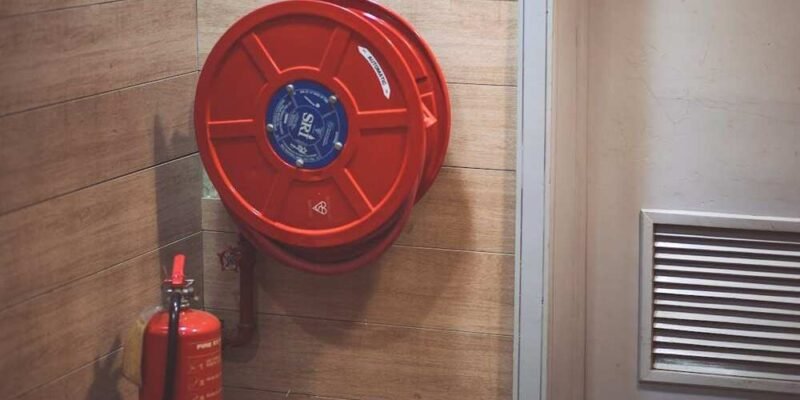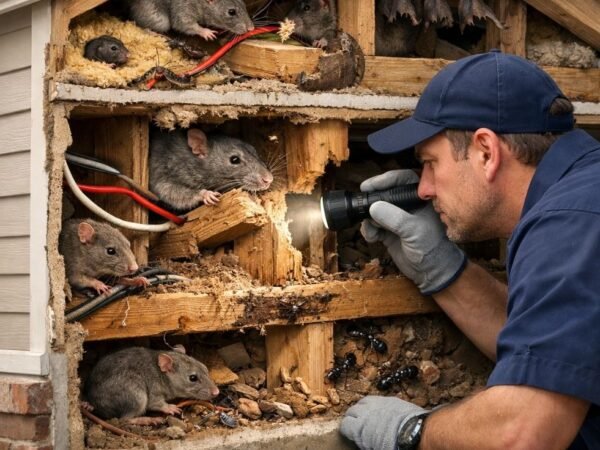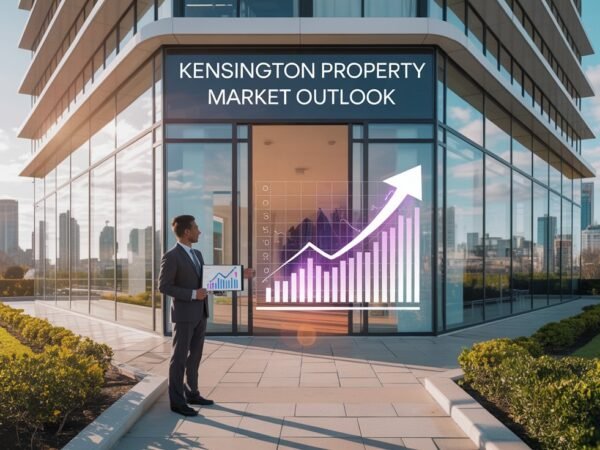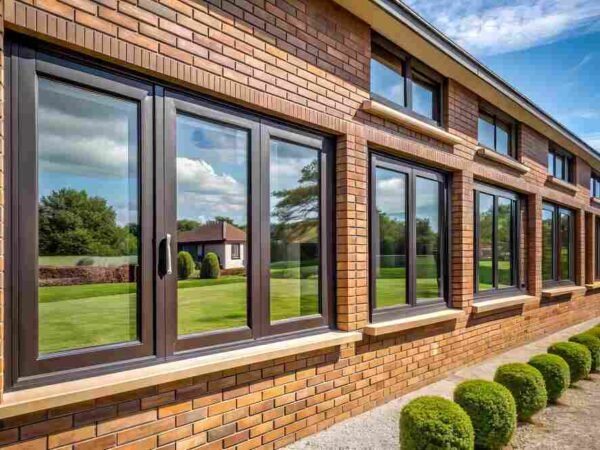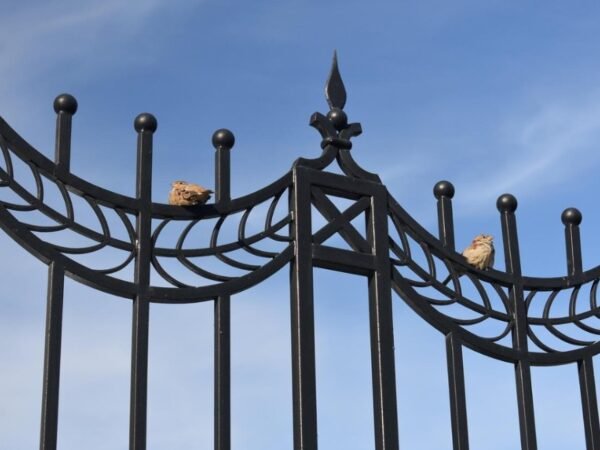Maintaining the integrity and security of any property depends first on routine safety inspections. These tests cover critical systems like structural, electrical, fire, plumbing, and mechanical components, which are required to be safe for the building and its occupants. Property owners may reduce risks, increase safety, and protect their investments by seeing probable hazards and acting early to solve them. Ensuring licensed experts carry out these inspections at suitable intervals creates a safe environment that eventually helps everyone on the property to be healthy.
Electrical Safety Inspections
Multiple aspects, like fire door inspections and regular electrical system evaluations, are essential to guarantee the safety of any property. These electrical checks assist in finding possible hazards, including old equipment that can cause electrocution or fire risk, as well as faulty wiring and overloaded circuits. At least every five years or whenever the electrical system undergoes notable changes, qualified electricians should do these inspections. Following these rules helps property owners safeguard their investments and the welfare of their tenants. Conducting these evaluations regularly ensures that electrical systems remain compliant and reliable over time.
Fire Safety Inspections
Protecting life and property depends on ensuring a property has enough fire safety features. Regular inspections should check that smoke alarms, fire extinguishers, and emergency exits comply with current rules and are functional. Effective emergency planning also depends on evaluating the general fire risk, including possible dangers and escape paths. Giving these checks top priority can help property owners greatly lower the threat of fire-related events and improve the general safety of all the inhabitants. A well-maintained fire safety system minimizes potential risks associated with fire emergencies.
Plumbing Safety Inspections
Preventing leaks, water damage, and other health risks depends on consistent assessments of plumbing systems. Inspections should include:
- Inspecting corrosion.
- Ensuring pipes are correctly insulated.
- Evaluating appliance and fixture conditions.
Examining drainage systems also helps guarantee appropriate water flow and avoid clogs. Early proactive treatment of these problems will help property owners have a safe and efficient plumbing system, protecting their investment and residents’ comfort.
Structural Safety Inspections
The long-term safety and stability of a building depend on its structural integrity being evaluated. Inspections should concentrate on essential components such as foundations, walls, ceilings, and load-bearing sections to find indications of wear, damage, or degradation. Regular examinations are critical since moisture penetration, pest infestations, and shifting ground could significantly affect structural integrity. Homeowners or commercial property owners can contact a qualified handyman in Saddlebrooke who is able to complete most basic checks for structural safety. Since handymen work on a range of services, they usually have the expertise for general home maintenance and can be used for more than one task. Early resolution of any problems found helps property owners avoid expensive repairs and guarantees safe surroundings for every tenant.
Conclusion
Maintaining a safe and secure environment for property owners and tenants depends fundamentally on routine safety inspections, including electrical, fire, plumbing, and structural systems. Property owners not only safeguard their assets but also guarantee everyone’s safety by early identification and resolution of possible problems. These tests are a necessary line of protection against mishaps, damage, and expensive repairs, promoting a culture of accountability and safety. Giving these checks top priority will help produce a safe living or workplace capable of withstanding time.
Do Read: Perfect Your Customer Service Call Flow: The Ultimate 2025 Guide


